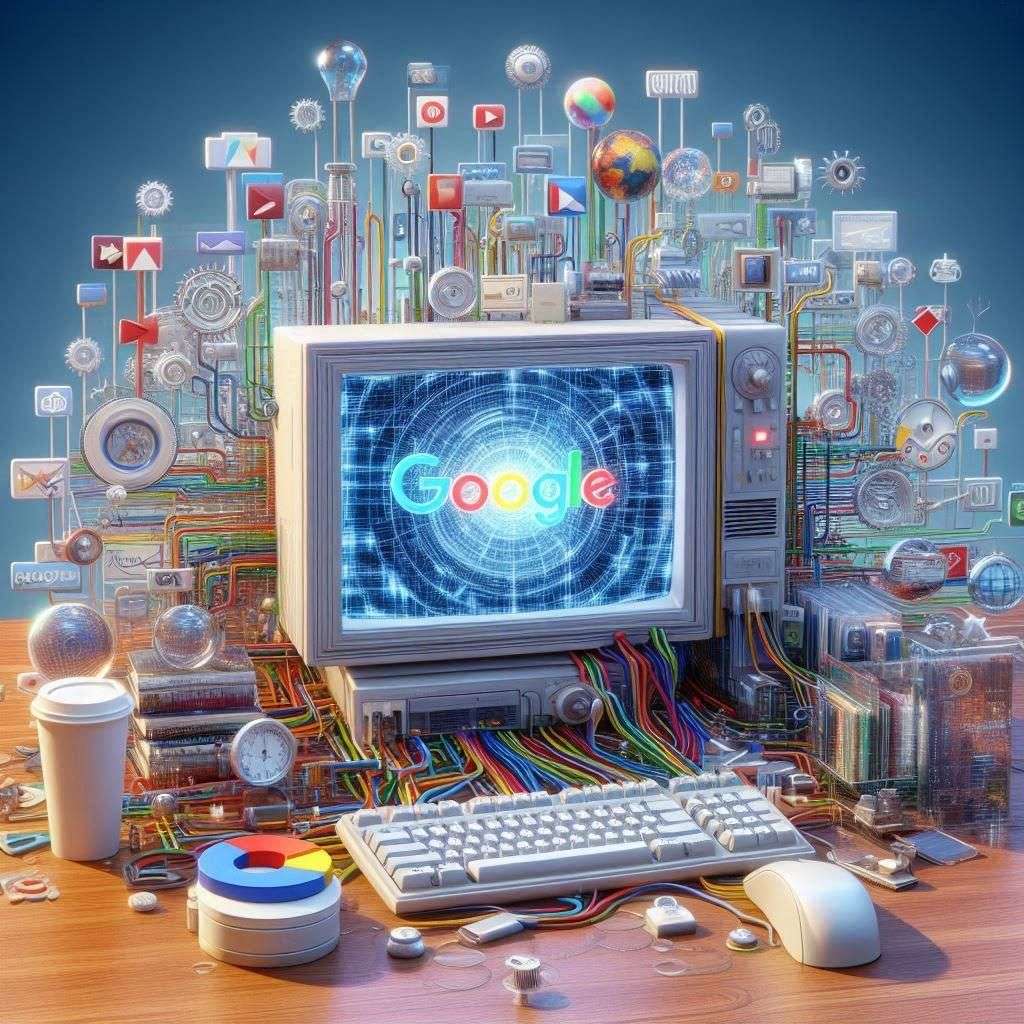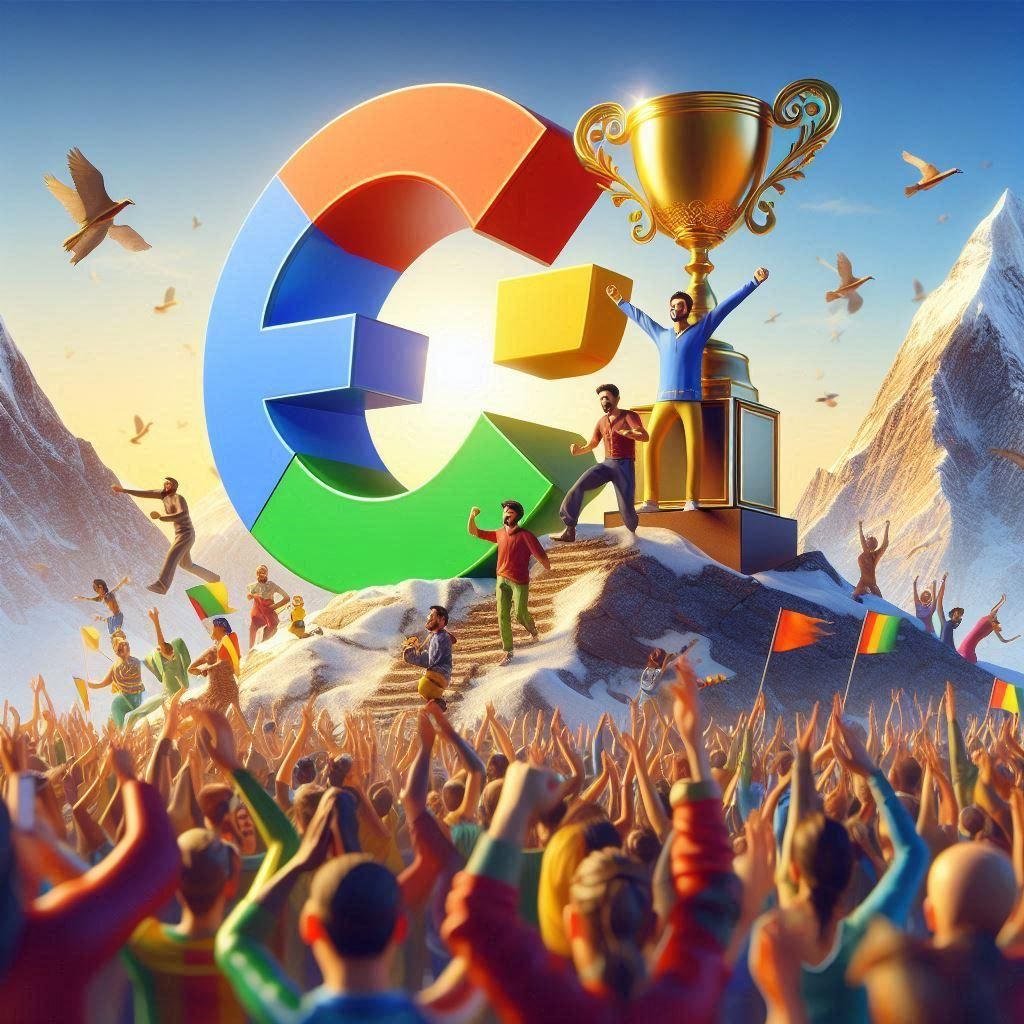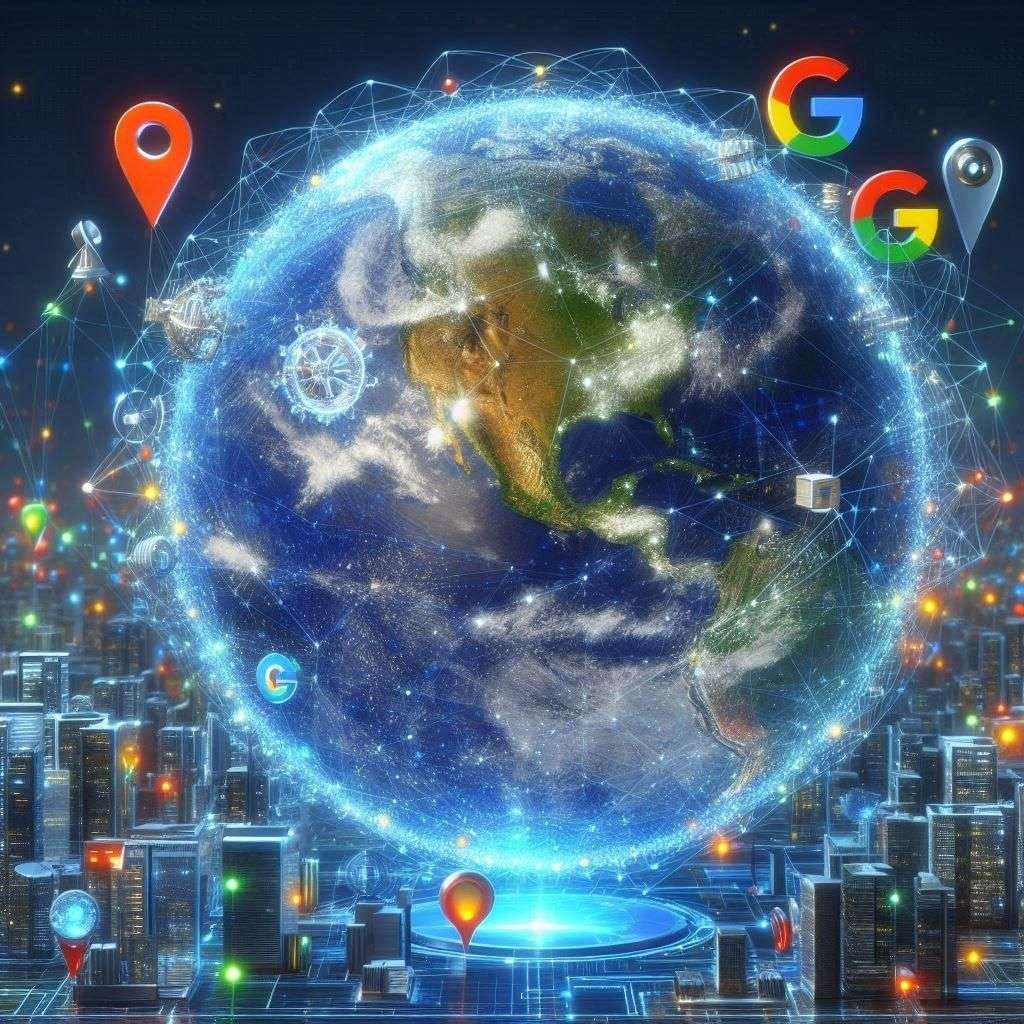Advertisement
Google is a U.S.-based transnational corporation offering internet-based ads, search engines, clouds, software systems for phones and computers, quantum computing, and eCommerce, among others.
Google has been cited as the world’s most powerful company and one of the world’s top brands, owing to its monopoly position in the market. Let’s take a look at its journey from 1998 to the present.
The birth and death of Google
Google was started by Larry Page and Sergey Brin as a research project in January 1996, when the two were PhD students at Stanford University.
The first lead programmer, Scot Hassan, played an instrumental role in developing the code for a search engine but left before Google came into existence.
The original BackRub project by Brin and Page assessed link structures between websites to improve search ranking results, which was considered revolutionary at the time.
In the end, they named it Google after "googol,” though wrongly spelled, to demonstrate that the system could handle unimaginable amounts of information.
With their algorithm called PageRank, a website’s relevance was measured based on how much importance other pages attached to it. This idea also led to Google’s formation and was borrowed from Robin Li’s RankDex.
Towards the end of the year 1998, Hassan, along with Alan Steremberg, Rajeev Motwani, and Terry Winograd, made major contributions towards coming up with their first paper about Google.
The simple homepage design of Google shows how little HTML knowledge these founders had.
The first big investment came to Google in August 1998, when Andy Bechtolsheim gave $100,000 as his contribution while Jeff Bezos (Amazon founder) and Ram Shriram (entrepreneur) joined as angel investors later on.

Google's rapid expansion and milestones
Google spent the next decade and a half expanding rapidly and reaching major milestones along the way. It relocated its premises to Palo Alto, California, in March 1999, where it joined the ranks of Silicon Valley’s tech startups.
Google began selling ads associated with keywords in 2000 after initially being against an ad-funded model. In the same year, Google replaced Inktomi as Yahoo!’s default search engine.
In 2003, having outgrown several office spaces, Google leased and eventually bought the Googleplex in Mountain View, CA, for $319 million. In 2001, Eric Eric Schmidt was recruited as Chairman and CEO with a view to providing veteran leadership.
A major milestone was reached on August 19th, 2004, when Google went public, raising $1.67 billion and achieving a market capitalization of over $23 billion.
It also expanded its advertising reach by acquiring YouTube, which was valued at $1.65 billion by 2006, followed by DoubleClick for $3.1 billion two years later.
By 2011 alone, Google had built eleven data centers worldwide and dealt with nearly three billion searches every day. In May of that year, there were one billion unique visitors on Google on a monthly basis.
In 2012, Google acquired Motorola Mobility for $12.5 billion, primarily for its patents, helping to protect and expand its Android platform.

Advertisement
Google's expansion and innovations from 2012 onward
Google continued to expand and innovate after 2012. It acquired the navigation app Waze for $966 million in June 2013 and integrated its crowdsourced location features with Google Maps while keeping Waze independent.
In September 2013, Google launched Calico, a health-focused company aimed at addressing aging and associated diseases, led by Apple Inc. chairman Arthur Levinson.
In January 2014, it was reported that Google had bought an AI firm known as DeepMind Technologies for approximately $400 million. This acquisition expanded the company’s presence in AI. Later on, AlphaGo made history by beating a top-go player in 2015.
According to Interbrand, from 2013 to 2016, Google remained the second most valuable brand worldwide, with a value of $133 billion in 2016.
In August 2015, Google announced a major restructuring that saw the creation of Alphabet Inc., a new conglomerate. Consequently, Sundar Pichai became CEO of Google, while Larry Page assumed the role of CEO at Alphabet. Google now serves as a subsidiary.
This move sought to streamline operations and separate Google’s core businesses from other ventures under the Alphabet umbrella.
Google’s recent developments and challenges
With the introduction of Google Stadia in March 2019, the company entered the video game market. By October 2020, this had resulted in a lawsuit following an announcement by the US Department of Justice about its antitrust investigation that started in June.
At this time, Bill Ready was brought on as Google’s new commerce chief, under whom certain jobs have permanently become remote due to cost-saving measures. Also, Google suffered a string of major outages in 2020.
Australian lawmakers are presently debating the country’s media payment system and targeted ads.
In 2021, Alphabet Workers Union was launched, and Google paid substantial money to get big games on the Stadia platform. Project Bernanke got Google involved for unfair advantage through ad services.

Security breach and cloud mishap: Google's challenges in March and May 2024
In March 2024, ex-Google software engineer and Chinese national Linwei Ding was accused of stealing secret artificial intelligence information from Google and passing it on to Chinese firms.
According to reports, Dang reportedly took away over five hundred documents within a period of five years since he got employed in 2019.
When Google discovered Ding’s contacts with Chinese state-owned corporations, they alerted the FBI, which initiated an investigation.
In May 2024, an error in the configuration of Google Cloud led to the accidental deletion of UniSuper’s $135 billion Australian retirement fund account.
This incident affected more than 500k members who were locked out of their accounts for one week. A joint apology by executives from UniSuper and Google Cloud was made to clear up the misconception that it had resulted from a cyber attack.
They stated that no personal data was compromised and vowed continuing efforts towards the restoration of those services.
Google's ability to adapt to regulatory changes, enhance cybersecurity measures, and innovate in emerging technologies will be crucial.
As it evolves, Google's impact on global technology, digital media, and AI development will undoubtedly shape the future landscape of the digital age.
Advertisement





